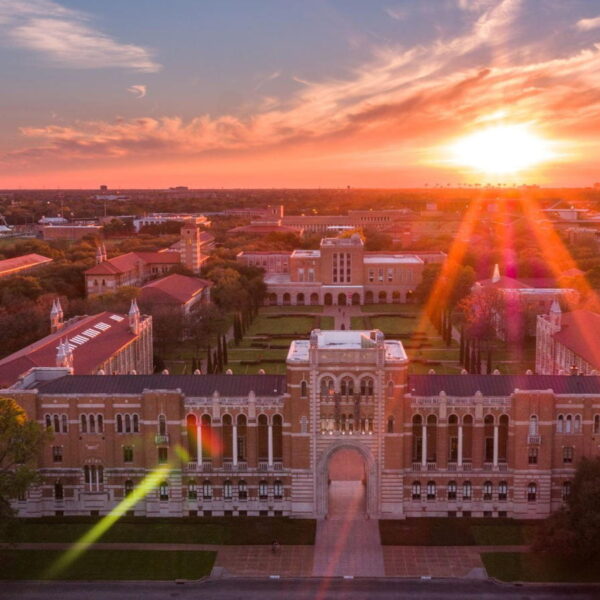The Indian Institute of Science and Rice University in the US have inked a research and engagement plan with an emphasis on materials, energy, and data science.
At the signing of the deal, officials from the Houston, Texas-based organisation stated that they view India as “a region of top priority.”
A task force led by the Association of American Universities earlier this year identified Rice as one of the US universities looking to increase collaborations with their Indian counterparts.
The collaborative partnership, according to Rice President Reginald DesRoches, “opens new avenues for groundbreaking research and industry engagement.”
He declared, “We look forward to a future of collaborative excellence, where the exchange of ideas knows no borders, as we deepen our ties with esteemed institutions like IISc.”
“Together, we hope to leave a lasting impression on both our institutions and the larger world, while also making a significant contribution to the constantly changing field of higher education and research.”
Rice and the Indian Institute of Technology Kanpur in Uttar Pradesh, India, are already collaborators.
Following President Biden’s visit to see Indian Prime Minister Narendra Modi earlier this year, IIT Kanpur announced that it would increase its collaborative research efforts with NYU. More research collaborations in important fields like artificial intelligence and cybersecurity will come from this agreement, which will also “substantially expand” doctoral exchange programmes and facilitate the sharing of research and teaching methodologies.
According to Caroline Levander, vice president for global affairs and Carlson Professor in the School of Humanities, the purpose of Rice’s agreement with IISc in Bangalore is to “promote cooperation in research, education, innovation and service to the community by working together on research where there is alignment of strategy and objectives”.
Numerous members of our faculty already have excellent ties to a number of Indian schools. It is a nation with genuine aspirations for growth in higher education.
Due to the ongoing geopolitical difficulties with China, faculty exchanges and collaboration are reportedly being limited, leading US universities to explore for other opportunities.
In September of this year, IISc and Imperial College London jointly launched their second joint seed financing programme, which aims to “drive high-impact and innovative research collaborations.”
The institutions have worked together for many years, concentrating on projects in the fields of engineering, chemistry, and life and earth sciences.
The Indian government named IISc an Institution of Eminence in 2018. While in India for a meeting with IISc, a delegation from Rice also made visits to Delhi and Kolkata.
Executive vice president for research Ramamoorthy Ramesh stated, “This collaboration is indicative of Rice’s commitment to creating strategic partnerships with highly regarded institutions around the globe.”
“Our university is once again broadening its horizons to offer unparalleled learning and research opportunities for faculty and students, regardless of their location, by pooling resources with the IISc.”

